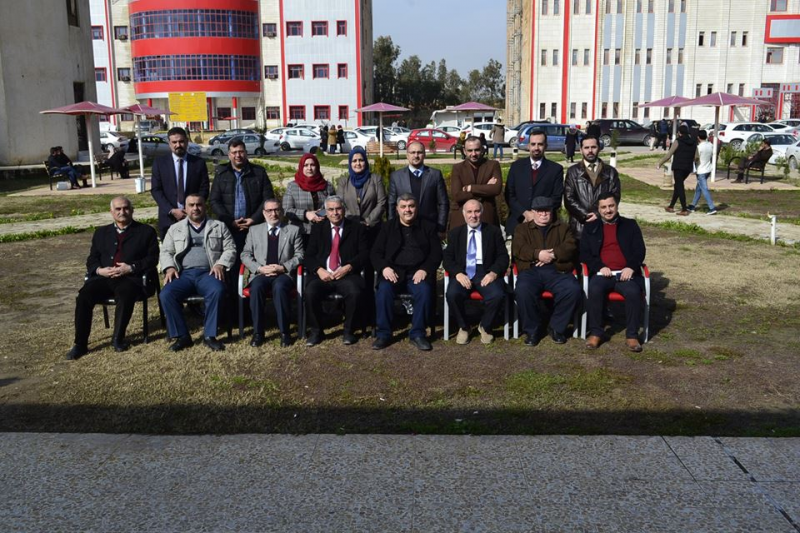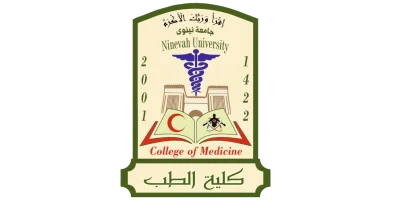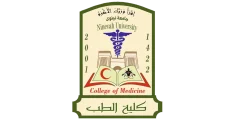Department of Surgery
June 14, 2025 2025-09-12 18:32فرع الجراحة
Trains students in the principles of general and specialized surgery within a realistic clinical environment.

Department of Surgery
Vision:
Excellence and elevating the level of surgical education to prepare highly qualified professionals.
Mission:
Educating medical students to acquire the knowledge, skills, and attitudes necessary for a life of continuous learning, developing personal capabilities, contributing to society, advancing knowledge through research and study, and equipping graduates with qualities suited to societal needs.
Objectives:
1. Providing medical students with the concepts of the art and science of surgery.
2. Training students in surgery to a level that enables them to practice safely and conscientiously, initially under the supervision of fellow surgeons.
3. Incorporating modern techniques into student training.
4. Keeping students informed about the latest developments in surgical science.
5. Supplying healthcare institutions with highly qualified professionals in both quantity and quality.
6. Achieving a high level of competence in less time without compromising quality.
7. Attracting scientific expertise from other ministries to enhance the educational system in the department.
Program Overview
The Bachelor of Medicine and Surgery program at Nineveh University, Department of Surgery, aims to prepare doctors with advanced clinical skills to treat surgical conditions, focusing on professional ethics and scientific research.
Clinical Skills
Conducting clinical examinations with precision.
Scientific Research
Enhancing scientific research skills.
Professional Ethics
Instilling values of respect for patients and precision.
Program Objectives
Teaching the foundations of scientific thinking and clinical skills.
Equipping students with humane interaction skills and professional ethics.
Equipping students with humane interaction skills and professional ethics.
Promoting scientific research and practical training.
Building partnerships with the local community and developing postgraduate programs.
Learning Outcomes
Knowledge
Understanding surgical diseases, communicating with patients, and recording medical histories.
Skills
Conducting clinical examinations, implementing preventive measures, and conducting medical research.
Values
Commitment to professional ethics and respect for patients.
Curriculum Structure
Principles of Surgery (Third Year, 30 theoretical hours)
Covers the fundamentals of general surgery in preparation for clinical training.
General Surgery (Fourth Year, 110 hours)
Includes gastrointestinal, endocrine, and breast surgery (60 theoretical hours, 50 practical hours).
Urology Surgery (Fourth Year, 26 hours)
Covers urinary system diseases (theoretical and practical).
Orthopedic Surgery (Fifth Year, 68 hours)
Focuses on orthopedics and fractures (30 hours theory, 38 hours practical).
Ophthalmology (Fifth Year, 56 hours)
Covers ophthalmology (30 hours theoretical, 26 hours practical).
Ear, Nose, and Throat (ENT) Medicine (Fifth Year, 60 hours)
Ear, Nose and Throat Diseases (30 hours theory, 30 hours practical).
Plastic Surgery (Fifth Year, 14 hours)
Covers plastic surgery (7 hours theory, 7 hours practical).
Vascular Surgery (Fifth Year, 30 hours)
Vascular diseases (15 hours theory, 15 hours practical).
Pediatric Surgery (Fifth Year, 20 hours)
Pediatric Surgery (10 hours theory, 10 hours practical).
Radiology (Fifth Year, 60 hours)
Diagnostic radiology techniques (30 hours theory, 30 hours practical).
General Surgery (Sixth Year, 360 hours)
Intensive clinical training in general surgery (practical).

